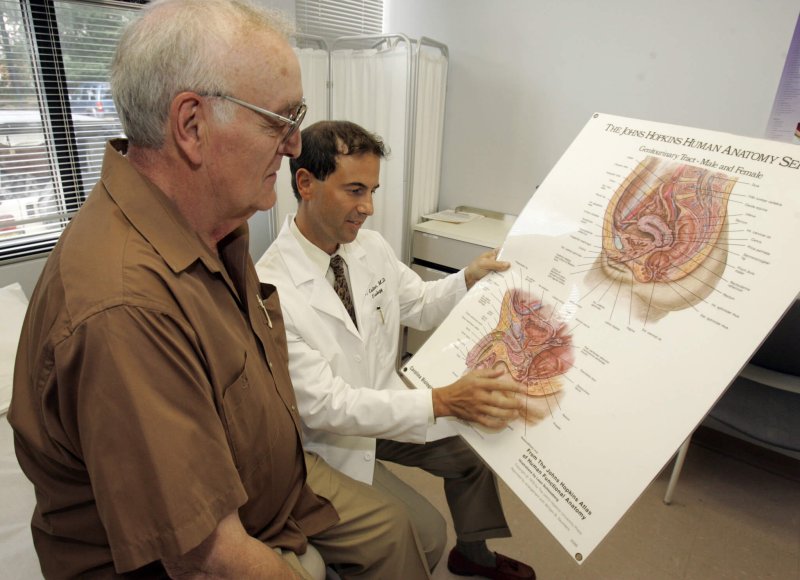In 1970 I discovered the prostate-specific antigen, or PSA, which is now the most widely used tool in prostate screenings. But there has been a growing concern about whether the use of the PSA test has led to overdiagnosis and overtreatment, with millions of unnecessary surgeries, complications and deaths.
Nevertheless, the medical community has roundly embraced the results of a recent study finding that PSA screening reduced prostate cancer deaths by 20 percent. The study, the European Randomized Study of Screening for Prostate Cancer, joined another survey, the so-called Swedish Goteborg study (the results of which provided a basis for the European Randomized Study), which found an astounding 44 percent reduction.
But there’s a big problem with both of these studies: In March the Goteborg study’s authors announced in the British Medical Journal that their data “are not available to outside investigators.”
That the researchers would block access to government- and charity-supported research is bad enough. Even worse, it calls into question why, if the data was strong, the researchers wouldn’t open it up to independent scrutiny.
As it turns out, there are some major concerns about the methodology and results of the studies, first raised last fall in the Journal of the National Cancer Institute by two Australian researchers.
Many of the men who developed prostate cancer received excessive amounts of a treatment called hormonal monotherapy, which some research now indicates can actually accelerate cancer.
Read full, original article: The Problem With Prostate Screening































